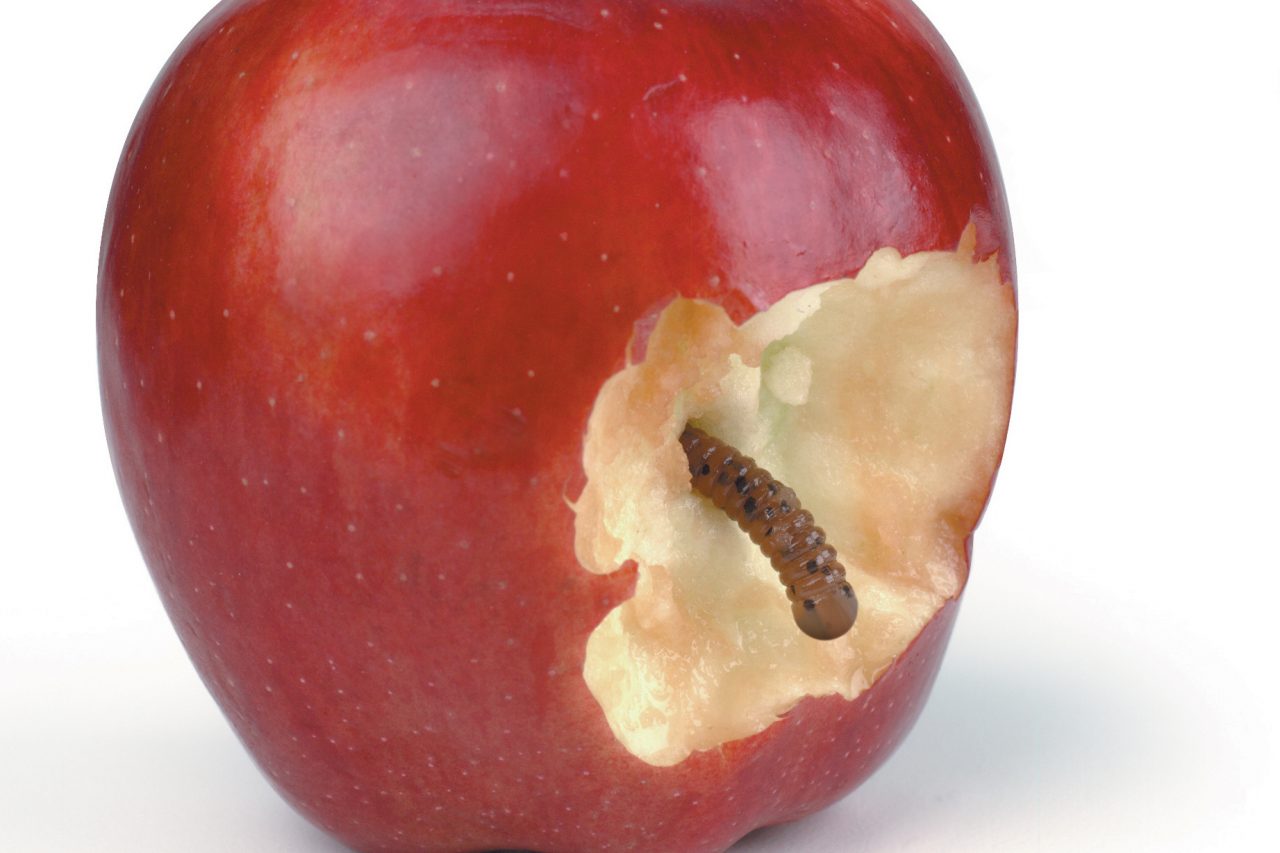Ethel is back in the office. Unfortunately, the chemotherapy is no longer working, colon cancer in her liver is progressing and she grows weaker. As always, she comes alone. Readers will recall our visits rarely focus on her disease; in fact, I am happy if our visits focus on anything at all. Nonetheless, I have decided that it is time to discuss the coming months and her desires for the last part of her life.
“Good morning, Ethel, it is wonderful to see you, how are you feeling?”
“Much worse, but what do you expect, I’m getting old.”
“How are you worse?”
“I’m getting old.”
“Are you having any new problems?”
“My stomach feels tight. I get cramps. I think I have gas.”
“Ethel, I want to talk about the plan for the next couple months.”
“Why, are you taking a vacation?”
“No, not me, about your plan; what you are going to do.”
“Get older.
“That’s probably true. Ethel, do you understand the cancer is growing and your liver is getting worse?”
“I don’t drink.”
“I know. Your liver is getting worse from the cancer. The treatment is not working.”
“I have blackberry brandy, at bedtime.”
“That’s OK. But, the cancer is increasing. I don’t think that any new treatment will stop the cancer. We need to decide what you want to do.”
“Like the laundry? “
“No, that’s not quite what I meant. It is OK to do the laundry, but I was wondering if you want to stay at home and how we can get you the help you need.”
“I don’t need help with the laundry.”
“Ethel, the cancer is getting worse. Your liver is failing. You are going to die from the cancer.”
“And this is news? For this you went to medical school. I have cancer and I am old. Of course, I am going to die. Are you OK? Are you getting enough sleep? I think sometimes you don’t pay attention.”
“I’m fine. Thank you very much for asking. Ethel, have you thought about what you want done when you die?”
“Like a funeral home?”
“Do, you mean a nursing home?
“I don’t think so.”
“Actually, I was wondering what you want to happen at the very end of your life when your body stops. Do you would want us to perform CPR? Put a tube in your throat and try to shock your heart?”
“I want mouth to mouth.”
“You want mouth to mouth?”
“Yes. I should get mouth to mouth. Doris had mouth-to-mouth. And she has no teeth.”
“What happened to Doris?”
“She got uppers, but they wouldn’t stay in.”
“If we do CPR, then we will put you on a breathing machine. Is that what you want?”
“Yes, put me on a machine.”
“Even if your body is dying from cancer, you want us to put you on a breathing machine?”
“Yes, a big silver machine with lights and tubes and nurses and doctors to watch the dials.”
“So, you want us to keep you alive on a machine?”
“Oh, no, don’t keep me alive. Pull the plug.”
“You want us to put your on a machine and pull the plug, right away?”
“Maybe you shouldn’t plug it in.”
“I am confused, Ethel. Let’s say that right now, you go out in our parking lot, you are hit by a truck, and your body is dying. You can’t be saved. You want us to put you on a machine but don’t turn it on?”
“I should get hit by a truck? I have cancer, but now you want me to be run over. What kind of doctor wants a sick old woman to be hit by a truck? What would your mother say?”
“Well, my mother had cancer and died at home on hospice. I don’t know for sure what she would say.”
“It’s a shame when a man doesn’t talk to his mother. And he’s a doctor.”
“Ethel, do you know about hospice?”
“That’s the people that come to your house when you are dead. They pick up the old medicine.”
“Not really. Hospice is a group that helps patients who are dying of an illness we can’t fix and helps them live the last part of their lives well. They are about living, not about being dead. They can give a lot of support to you and your family.”
“I thought that was a doctor.”
“Hospice adds to your doctor. You would still come to see me. However, hospice could come out to your home and give you support there. It makes it easier to stay at home for the rest of your life. Hospice is about quality and independent life.”
“Do they do laundry?”
“I sure they would be happy to help with the laundry.”
“I do my own laundry.”
“They can help in any way needed to make this last part of your life as easy as possible. They can help give you medicine, if you have any pain.”
“I’m not a druggie.”
“Yes, I know, but if you have any pain or other discomfort from the cancer, they can help to control it.
“Irwin was a druggie. Such a good boy and he got into the drugs.”
“Who is Irwin?”
“He got married. Nice girl. Big family.”
“My mother had hospice and it meant she was comfortable, so she was able to stay at home in the place she loved.”
“I’m not your mother. You don’t even talk to your mother.”
“Yes, I know. Ethel, would you like me to call hospice and have them come out to your house to talk to you about what they do?”
“Its my daughter’s house. She took us in so she doesn’t have to drive. Is Brooklyn so far? Miriam’s daughter visits her everyday, so she doesn’t have to leave the neighborhood. Brings her lunch. Now that’s a daughter.”
“The hospice can come out and talk to you, your daughter and your husband. Then you can all decide whether hospice is the right thing.”
“Maybe they don’t want to know.”
“I’m sure, that your family wants to help in any way they can.”
“The house is a mess.”
“That’s OK, maybe they can help get it straightened out.”
“Do I have to serve them lunch?”
“No, I am certain they will have already eaten.”
“Will you come and visit?”
“I would love to. If you want, I can bring you lunch.”
“A sandwich would be nice. Nothing fried. I have gas.”







7 Comments